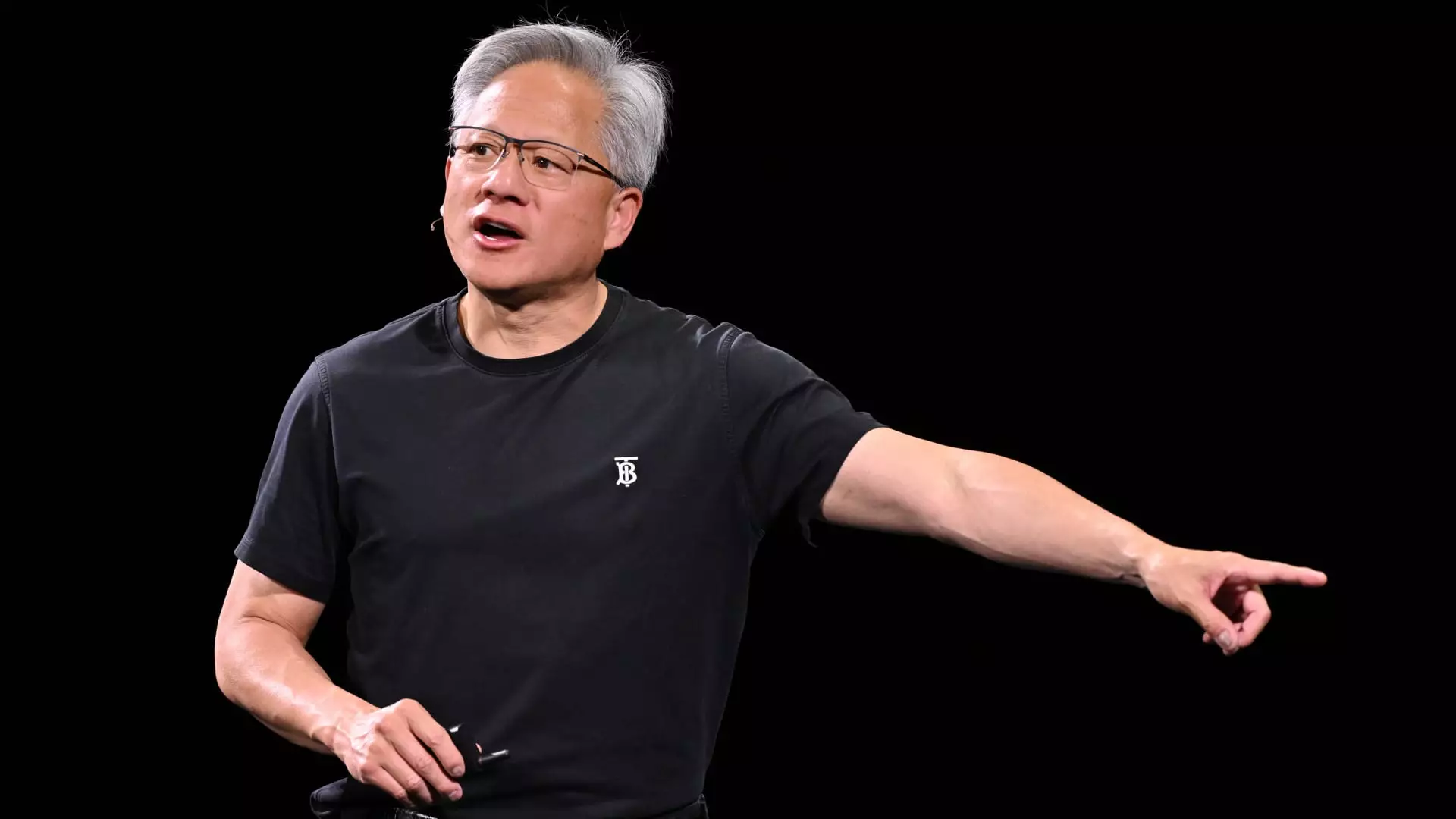In the whirlwind of Nvidia’s striking stock performance, insiders—primarily top executives and major shareholders—have collectively sold over $1 billion worth of shares within the past year. This activity might initially shock observers, especially considering the company’s robust stock gains, including a 17% increase year-to-date and a remarkable 44% surge in just the last three months. Typically, insider selling can raise eyebrows as it sometimes signals diminished confidence in future growth prospects. Yet, the reality with Nvidia appears more nuanced, blending strategic financial planning with market confidence.
The Surge Above $150 and Its Psychological Impact
A significant catalyst behind the recent wave of selling lies in Nvidia’s share price crossing the psychologically important threshold of $150. As reported, the surge beyond this mark triggered prearranged shareholder actions, notably from CEO Jensen Huang, who began a planned sale of up to 6 million shares—valued at roughly $900 million—earlier this year. Huang himself has already divested around $15 million recently within this framework. This deliberate unloading aligns with long-established financial maneuvers rather than spontaneous trades driven by fears or uncertainties. Huang’s move, echoing a $700 million sale executed last year, demonstrates a systematic approach to monetizing personal wealth while retaining substantial company stakes.
Why Insider Selling Isn’t Always a Red Flag
Conventional wisdom often casts insider selling in a negative light, but in Nvidia’s case, this interpretation may be oversimplified. Executives like Huang hold massive equity positions—in his case, a net worth near $138 billion. Diversifying personal assets and managing tax implications through planned stock sales is a prudent and standard practice. Furthermore, Huang’s continued vocal optimism about Nvidia’s future—particularly his emphasis on robotics as an exciting frontier beyond artificial intelligence—signals confidence rather than despair. The company’s renewed status as the most valuable publicly traded entity, surpassing even Microsoft and Apple, reinforces this positive momentum despite geopolitical tensions and export constraints that threaten global AI chip sales.
Balancing Market Optimism With Geopolitical Realities
Investors remain caught between Nvidia’s impressive growth trajectory and the looming risks from regulatory hurdles, including export restrictions imposed on AI chip shipments overseas. Such geopolitical challenges undeniably inject caution into the market but appear insufficient to derail Nvidia’s upward trajectory. The stock rallies suggest that investors are either discounting these risks or believe the company’s technological and strategic advantages far outweigh these headwinds. Still, insiders cashing out significant stakes during this window could be interpreted as a prudent move to hedge against potential volatility or unforeseen regulatory escalations.
A Complex Dance of Wealth, Strategy, and Market Forces
Ultimately, Nvidia’s insider stock sales reflect a sophisticated interplay between personal wealth management and market timing rather than an outright signal of impending trouble. In industries where fortunes are enormous and companies sit at the forefront of transformative technologies like AI and robotics, the scale and timing of such financial maneuvers naturally draw attention. However, interpreting these actions requires a balanced perspective—one that appreciates both the motivations of individual insiders and the broader dynamics shaping one of the world’s most valuable tech giants today.

